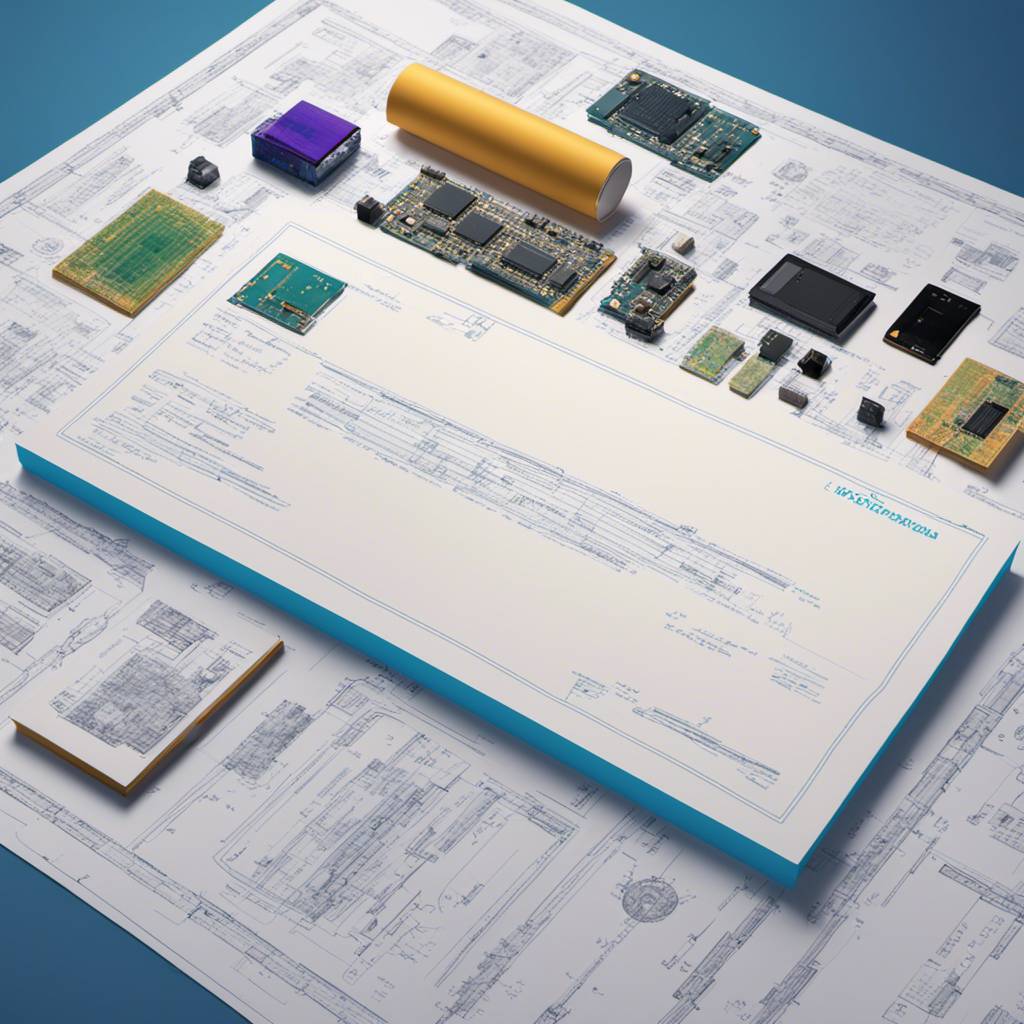The vision of a world filled with paper-based electronic devices, a concept that promises to be both cost-effective and eco-friendly, is on the brink of becoming a reality. This groundbreaking innovation is the brainchild of Seokheun (Sean) Choi, a professor at Binghamton University. Over the years, Choi has been dedicated to the development of improved biobatteries powered by bacteria or human sweat. His research has seen the creation of several paper-based batteries, and he now aspires to extend this concept to circuit boards and similar components.
In a significant boost to his efforts, Choi has been awarded a $400,000 grant by the National Science Foundation (NSF). This grant will be used to fund the development of what Choi refers to as “integrated papertronics.” This marks the ninth federal grant received by Choi since his tenure at Binghamton began, seven of which were from the NSF and two from the Office of Naval Research.
The primary objective of this project is to design multi-layered, high-performance circuit boards on paper using densely packed, highly conductive metallic wires. The aim is also to manufacture flexible paper-based components that can be incorporated into these papertronic systems.
Choi believes that his innovative idea of an entirely paper-based project is what piqued the interest of the NSF. He explains, “All previous work with paper-based printed circuit boards had to use off-the-shelf electronic components. But for fully paper-based electronics, this approach is not feasible. Our goal is to replace these components with paper-based capacitors, registers, and transistors.”
As the world becomes increasingly reliant on technology, experts predict that by 2035, there will be more than 1 trillion electronic devices globally. Current manufacturing processes will result in millions of tons of “e-waste”, which poses a serious threat to our environment.
Choi, backed by years of extensive research and his team at Binghamton’s Bioelectronics and Microsystems Lab, is confident that they can elevate papertronics to unprecedented heights. He asserts, “My ultimate goal is to develop a green and renewable electronic system. This project is a natural progression in that direction. Our team’s unique ideas and observations have established us as leaders in the field of paper-based biobatteries and self-powered, paper-based biosensors. I intend to leverage all my expertise, knowledge, and experience to create an entirely paper-based system.”
One significant hurdle that needs to be overcome is identifying non-toxic materials that can effectively fulfill the requirements without causing any environmental issues in the future. Choi acknowledges this challenge saying, “In our previous work, our focus was on developing papertronic components using whatever materials were effective, even if they were toxic. However, going forward, I am keen on using biodegradable materials for even the smallest components.”
This innovative approach towards electronics could revolutionize the industry and significantly reduce e-waste. It also opens up new possibilities in the realm of computers and programming languages, as coding for these new types of devices could present unique challenges and opportunities for developers.
With this breakthrough concept, Choi is not only pushing the boundaries of what’s possible in electronics but also making strides towards a sustainable future. His work serves as a testament to the power of innovation in addressing environmental concerns while advancing technology.
